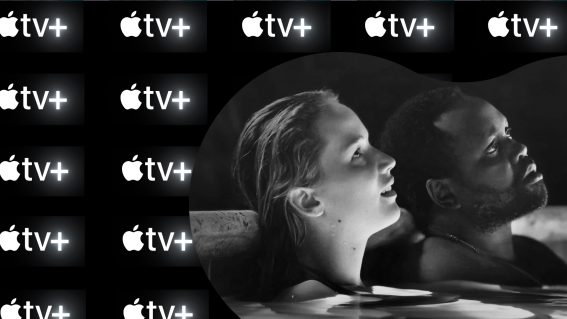Retrospective: Hard Eight may be Paul Thomas Anderson’s worst – but it’s still very, very good
In a career filled with masterpieces, PTA’s debut is absolutely worth consideration alongside the rest.
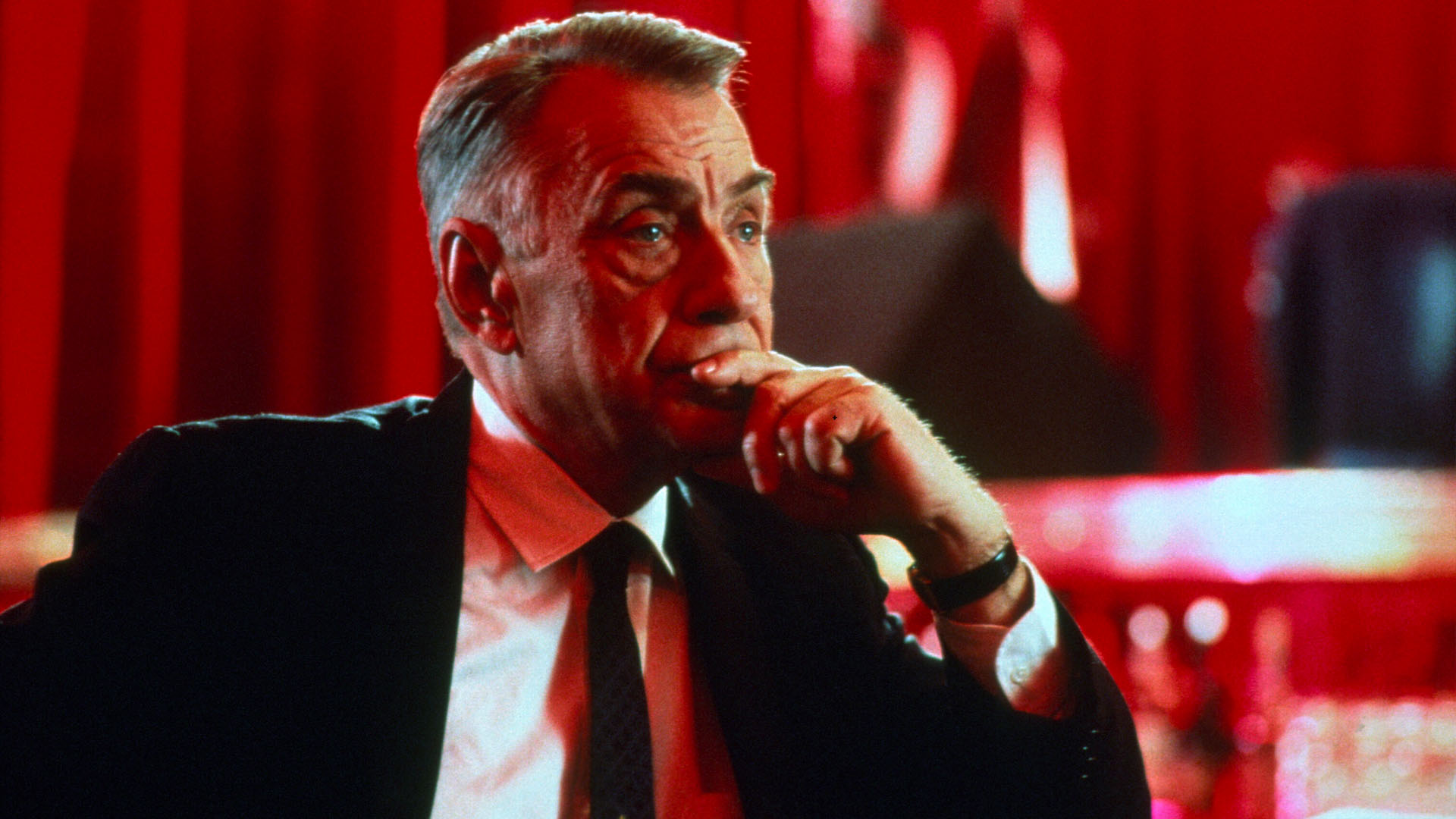
As Paul Thomas Anderson’s ninth feature Licorice Pizza hits cinemas, Tony Stamp goes back to the beginning of the director’s stunning filmography and his 1996 debut, crime pic Hard Eight.
The common wisdom around the films of Paul Thomas Anderson is that his debut, Hard Eight, is his worst. And I’m not here to convince you otherwise. What I am here to say is that in a career filled with masterpieces, this one is very, very good, and absolutely worth consideration alongside the rest.
For a long time I thought Boogie Nights was Anderson’s first. He seemed to have sprung out of nowhere, but the cast of Hard Eight alone should be enough to signal it as an important entry: Early appearances from John C Reilly, Gwyneth Paltrow, and Phillip Seymour Hoffman, Samuel L Jackson (two years after Pulp Fiction made him a star), and esteemed character actor Phillip Baker Hall, given his chance in the spotlight and absolutely owning it with a riveting, soulful performance.
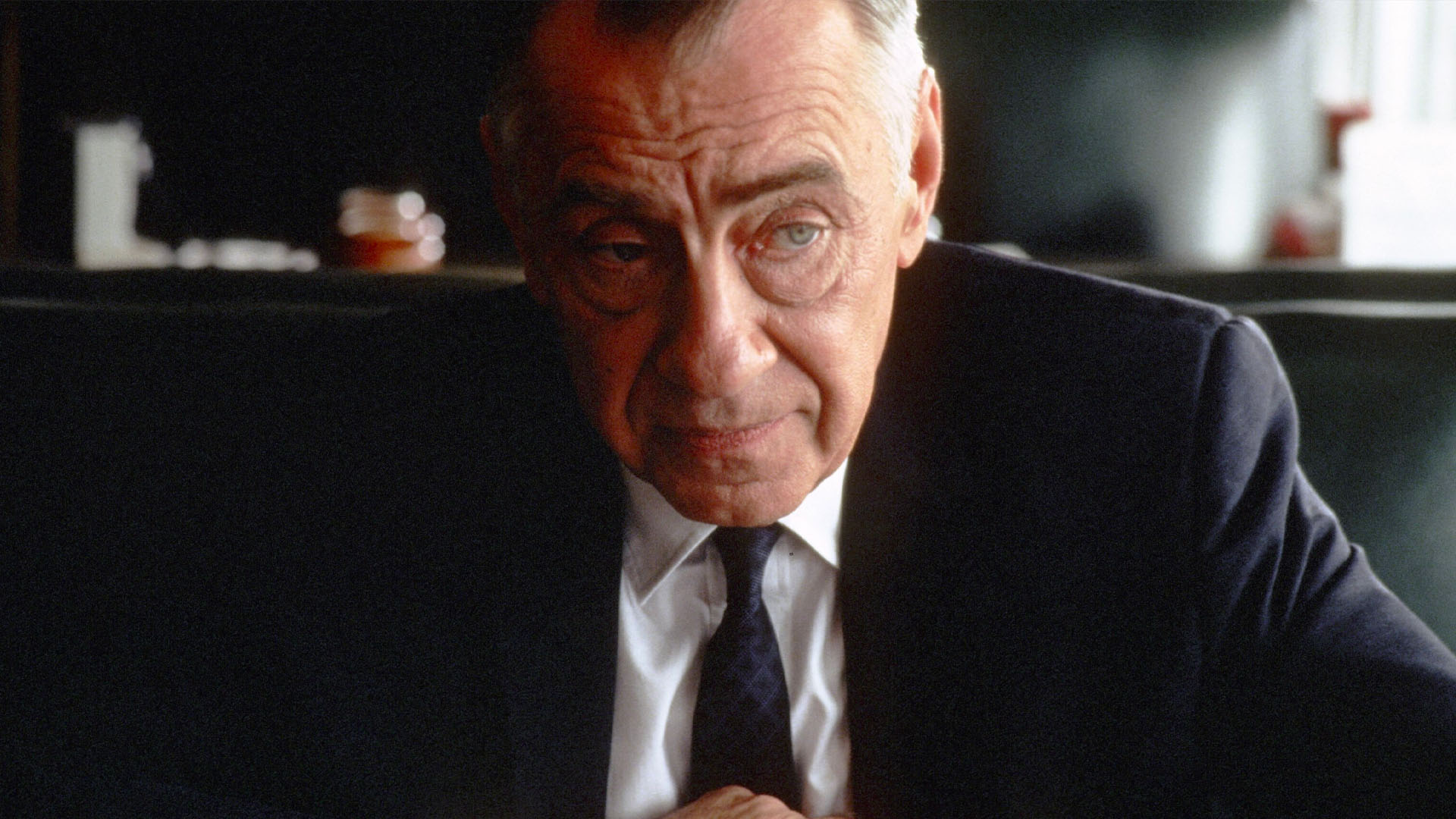
Hard Eight stands apart from other Anderson films in that it has a twist. Not an earth-shattering one, but a good one, and a real one: my definition of that term is that it should make you reconsider what you’ve seen up until that point, which this absolutely does. I’m bearing in mind that this is an underseen film, so I’m not going to spoil it, but the setup is this: Hall’s character approaches Reilly’s outside a diner and strikes up a conversation.
The former is well dressed, the latter homeless. The older gentleman offers the younger a way out of his predicament, and they go to a casino, where he teaches him how to gamble responsibly; to make it a way of life. At some point they meet Paltrow’s character, and both are attracted to her for different reasons.
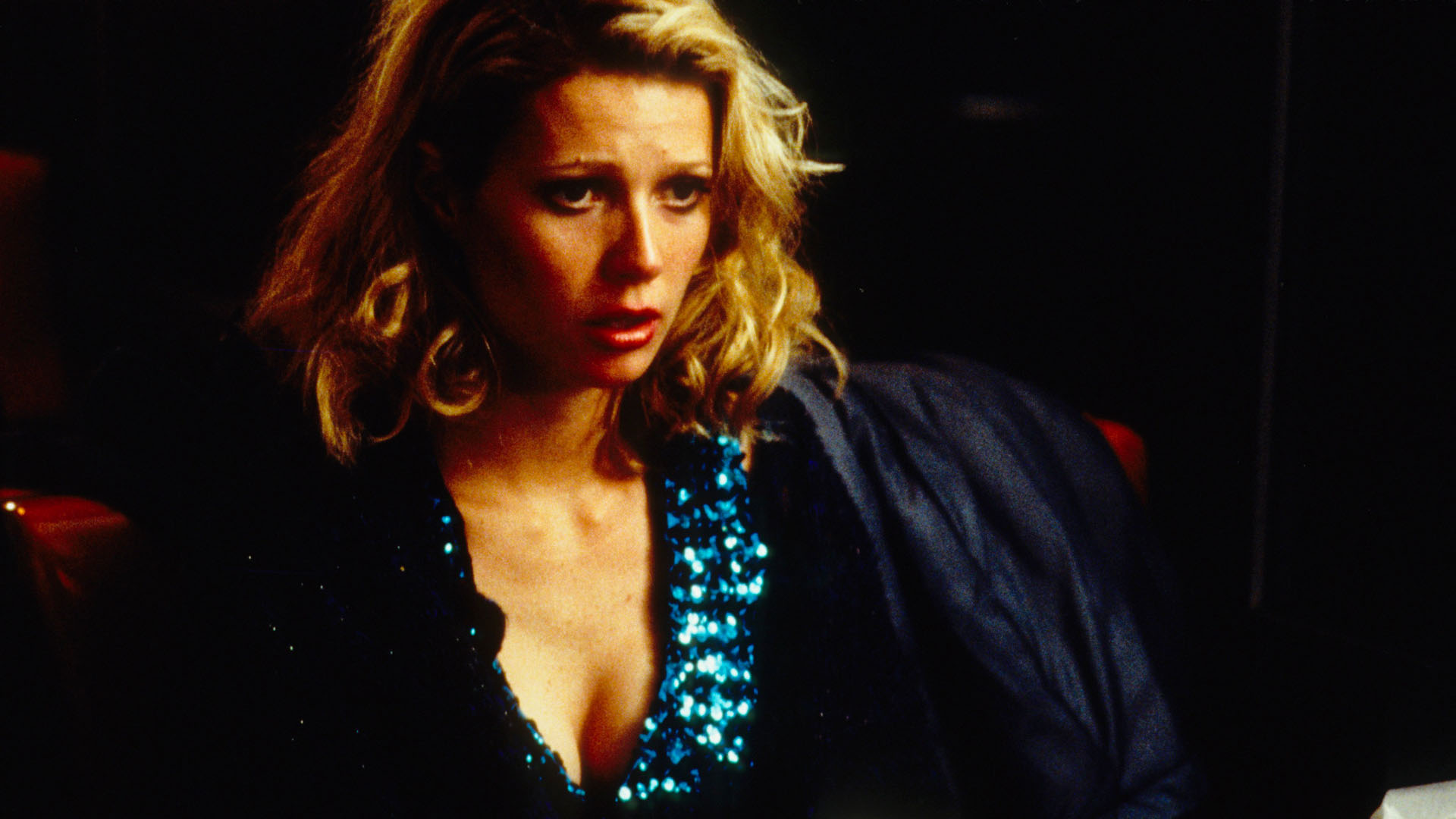
In the Anderson canon the film it reminds me the most of is Magnolia. He’s clearly finding his feet, but already fluid and focused: the camera is always where it needs to be, and he knows when to hold a shot and when to keep something offscreen. The influence of Scorsese and Jonathan Demme is very much present, and tracking shots, rack focus and whip pans find their way into the mix, but sparingly—this is a more restrained filmmaker than the one who made Boogie Nights. It feels much less ‘something to prove’ than that film.
The main weakness here is the music. Setting a film in casinos and scoring it with jazzy double bass and twinkling piano is pretty uninspired, but then he couldn’t exactly afford to have Jonny Greenwood knock out an avant-garde soundscape just yet, or licence a Can song. A lovely dulcimer tune does enter later in the film as the story starts to tweak your emotions—it stands alongside Punch-Drunk Love as one of his most sentimental. I dare you not to get a lump in your throat.
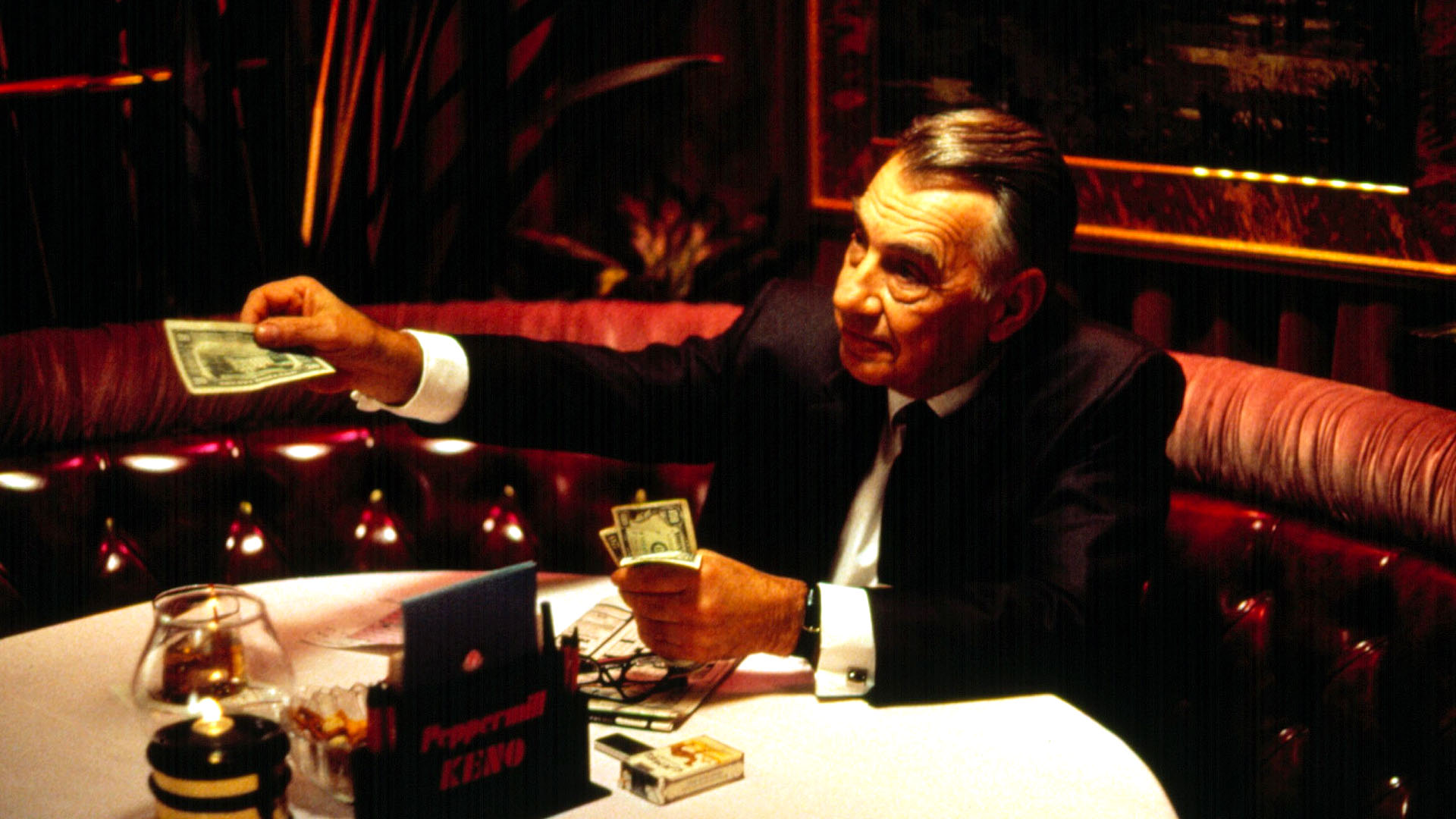
It’s also clearly a PT Anderson movie, his eccentricities all present, as well as that undefinable *something* he draws on each time he puts something out. That something has stayed present as his fancier flourishes have fallen away—beginning with There Will Be Blood his technique has fallen into the background in service of the distinctly ambling storytelling. Here we have noir tropes transplanted into the present day and flashbacks to stories as they’re being told, the influence of newer hot shots like the Coens and Tarantino looming over Anderson’s shoulder, a hint of irony hanging over proceedings that would also fall away in his later career.
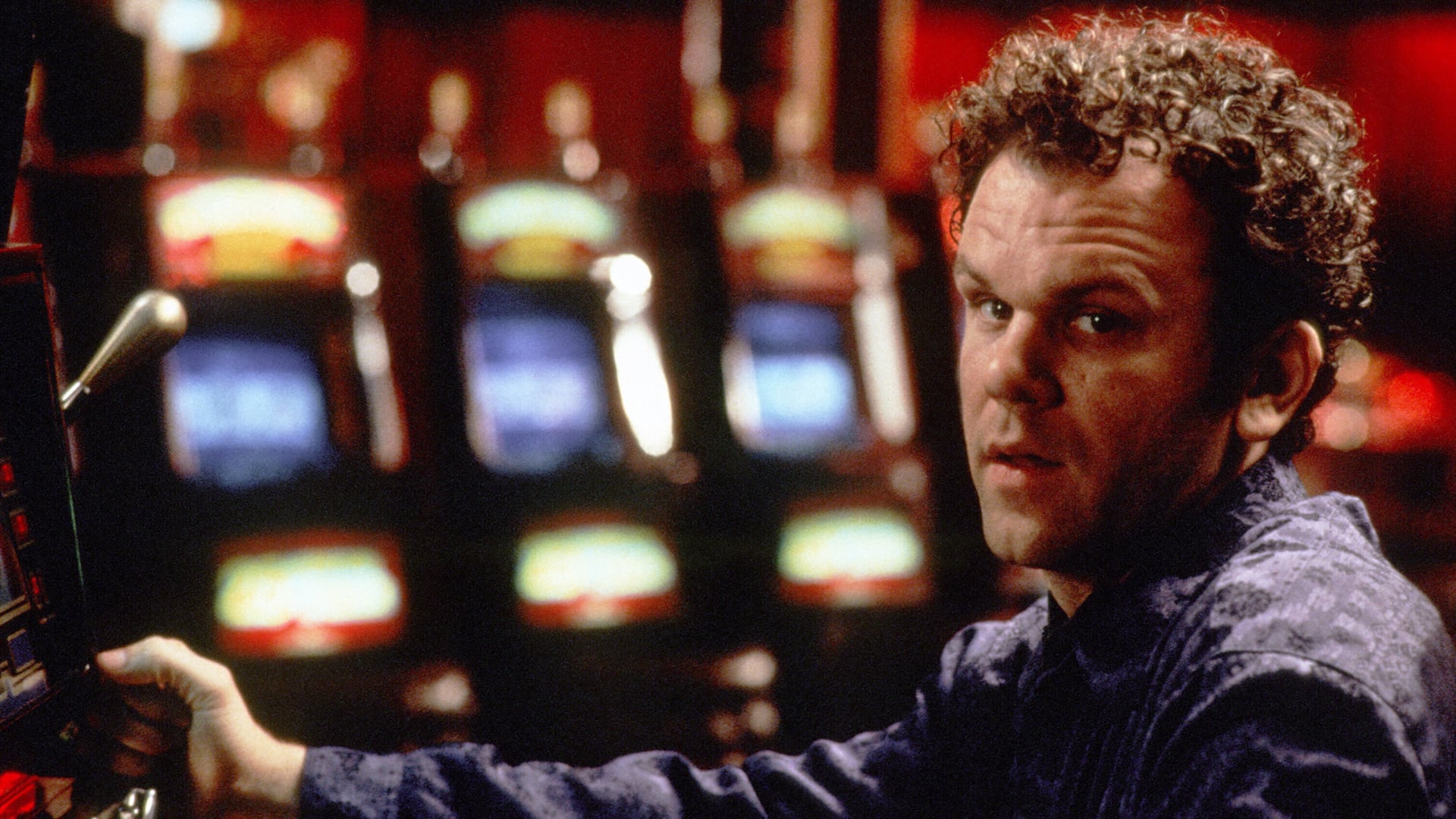
A particular moment early on stands out—ominous music swells as Reilly warns Hall “I know three types of karate, ok: jiu jitsu, aikido and regular karate”. Funny, a bit pathetic, and very PT Anderson.
The film was originally called Sydney after Phillip Baker Hall’s character, and it should have stayed that way. This is his film, and he completely owns it, radiating dignity in a pristine suit and a face rumpled from a lifetime of tragedy. Time and time again Anderson hones in on his eyes, wellsprings of empathy no matter how enigmatically he’s behaving.
Likewise he identifies Reilly’s strength at playing a human puppy, hard to dislike even when he’s being a huge doofus. Paltrow delivers the emotion required but feels slightly miscast, a bit too clean-cut to really sell her character. But strangely the film’s worst performance is Sam Jackson, who just doesn’t feel as dialled in as he does in almost all his films. It’s hard to believe this came two years after his blistering turn in QT’s gangster classic.
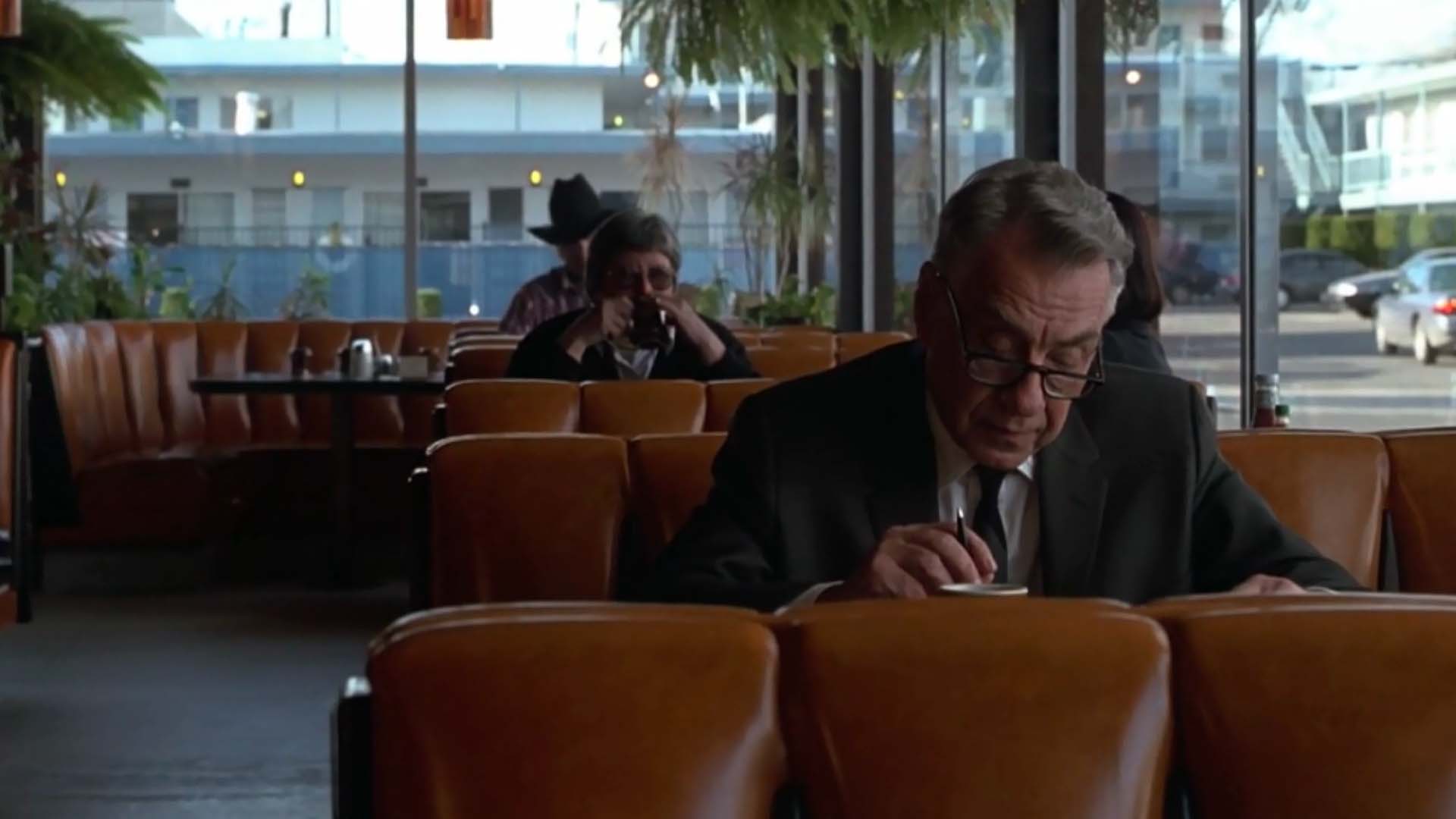
Anderson expanded Hard Eight from a short film called Cigarettes and Coffee (decades after the Otis Redding song, and years before Jim Jarmusch flipped the words for his anthology), and he includes plenty of loving closeups of both. It’s a film that lives in diners and motels, about a lifestyle that flourishes while most people sleep, an existence with a constant tinge of panic about the next big score. It’s the first of many Anderson films focused on father figures and their damaged sons, slightly desperate people looking for a way to heal, looking for it in their vices and eventually finding each other.





















